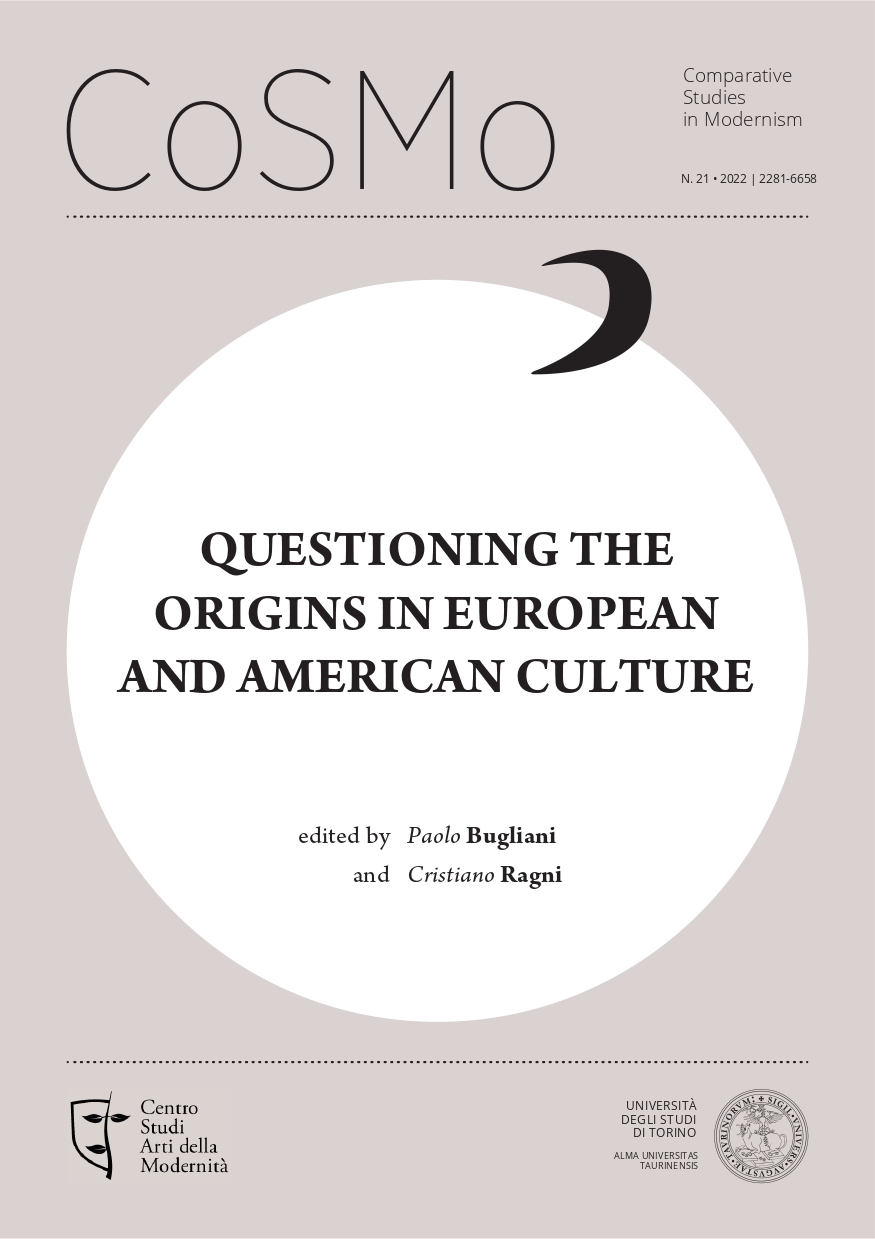In the Cage of Kafka and Canetti
The Metamorphosis of the Ape at the Origin of Culture
DOI:
https://doi.org/10.13135/2281-6658/6785Keywords:
Kafka, Canetti, Von M_ax, Evolution, Science, TheaterAbstract
This paper investigates anthropogenesis, which is the process of becoming human, from an interdisciplinary perspective, namely among science, theatre, and visual arts. The motif of animals locked in a cage – especially apes, but not only – is recurrent when talking about humans and their origin as cultural beings. Relying on some monkey portraits made by Gabriel von Max, in which the animals appear deprived of their freedom, the focus is on Kafka’s short story Ein Bericht für eine Akademie (A Report to an Academy, 1917) and on Elias Canetti’s novel Die Blendung (Auto da Fé, 1935), mainly on a chapter entitled “Ein Irrenhaus” (A Madhouse). In both texts we are confronted with an ongoing metamorphosis, with hybrid figures in which the boundaries between man and ape are blurred. Although in one case the ape becomes a man and in the other the man becomes an ape, so that both metamorphoses proceed in opposite directions, the ultimate goal is freedom. However, this freedom reveals all its problematic nature since escape from the cage does not always mean liberation. The two texts, which are presented as a reinterpretation of the myth of the origin of culture between nostalgia for a distant past and critique of human progress, are essential reflections on the power dynamics at the basis of civilization.
Downloads
Downloads
Published
Issue
Section
License
Authors keep the copyrights for their work and give the journal the work’s first publication copyright, which is at the same time licensed under a Creative Commons License – Attribution, which in turn allows other parties to share the work with an acknowledgement of the work's authorship and initial publication in this journal.
Content Licence

You are free to copy, distribute and transmit the work, and to adapt the work. You must attribute the work in the manner specified by the author or licensor (but not in any way that suggests that they endorse you or your use of the work).
Metadata licence

CoSMo published articles metadata are dedicated to the public domain by waiving all publisher's rights to the work worldwide under copyright law, including all related and neighboring rights, to the extent allowed by law.
You can copy, modify, distribute and perform the work, even for commercial purposes, all without asking permission.





